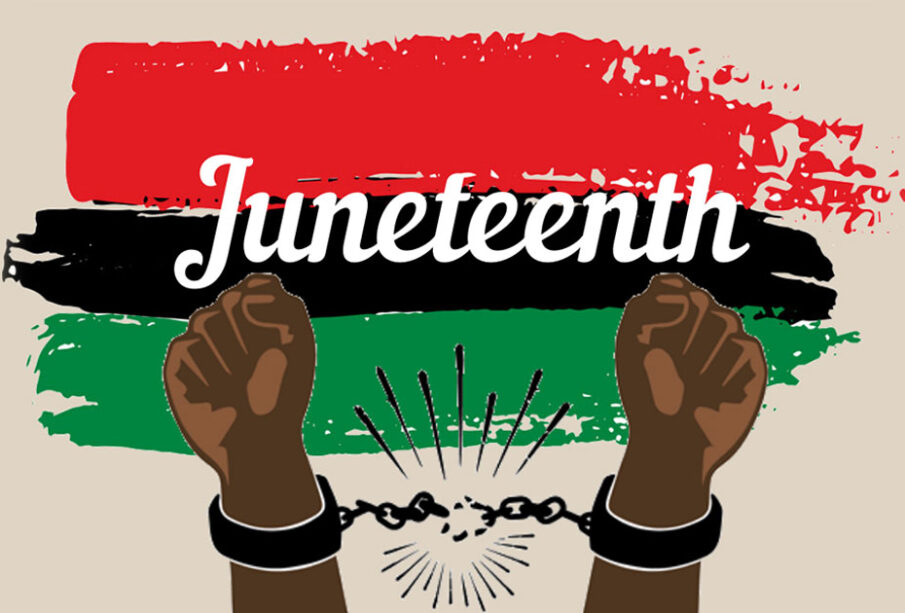
Juneteenth is a momentous event in American history, a day etched deeply into the fabric of the nation. It’s a celebration of freedom and an acknowledgment of a long, arduous journey toward equality and justice for all. In recent years, Juneteenth has taken on an even greater significance, becoming a new federal holiday in America. As we delve into the details of this important day, we strive to explore its origins, its cultural relevance, and the symbolic weight it carries in the current socio-political context.
What to Know About Juneteenth
Juneteenth, also known as Freedom Day, is celebrated annually on the 19th of June. The name is a combination of “June” and “nineteenth,” reflecting the date in 1865 when Union General Gordon Granger arrived in Galveston, Texas, and announced that slavery had been abolished, two and a half years after President Abraham Lincoln’s Emancipation Proclamation.
Despite the Proclamation, implementation of these rights was slow in the southern states, and it wasn’t until General Granger’s arrival in Texas that the last of the enslaved African-Americans learned of their freedom. This historic moment is what Juneteenth commemorates each year: the end of a tragic chapter in American history and the dawn of a new era of freedom.
Juneteenth Becoming a Federal Holiday
In a remarkable display of recognition and understanding, Juneteenth was declared a federal holiday in 2021. President Joe Biden signed legislation making Juneteenth National Independence Day a legal public holiday. The signing marked a significant milestone in recognizing the historical importance and national significance of Juneteenth.
The federal recognition of Juneteenth is an acknowledgment of the centuries-long struggle for civil rights and equality that African Americans have faced in the United States. It also underscores the importance of the past in shaping the present and the future. By recognizing Juneteenth as a federal holiday, the U.S. government underscores its commitment to addressing the legacy of slavery and promoting racial justice.
The Cultural Significance of Juneteenth
Juneteenth has always held cultural importance within the African-American community, with traditions dating back to its earliest celebrations in the late 1800s. These traditions include public readings of the Emancipation Proclamation, singing traditional songs such as “Lift Every Voice and Sing,” and hosting neighborhood parties with abundant food and celebration.
Today, Juneteenth is commemorated with a variety of activities intended to both celebrate African-American culture and educate people about the history and ongoing impact of slavery and racism. Parades, festivals, educational events, music and dance performances, and family gatherings all play a role in these celebrations.
Conclusion
As a federal holiday, Juneteenth serves as a powerful symbol of American history and progress. While it marks a pivotal moment in the nation’s past, it also provides an opportunity to reflect on the work that remains to be done to achieve true equality and justice for all.
As Americas celebrate Juneteenth, we should also remember that it is not just a day, but a call to action — a call for continued education, understanding, and advocacy for racial justice. As we acknowledge the past and celebrate progress, we also commit ourselves to a future where equality and justice are not mere ideals but realities for all Americans.
It is in the spirit of understanding, unity, and respect that we reflect upon Juneteenth — not just as a moment in history, but as a milestone in our collective journey toward a more inclusive, equitable, and just society.
Understanding and acknowledging our past is an integral part of shaping our future. With the federal recognition of this day, we move one step closer to reconciling with our past, acknowledging the struggles and triumphs of those who came before us, and paving the way for a more equitable and just future.



















